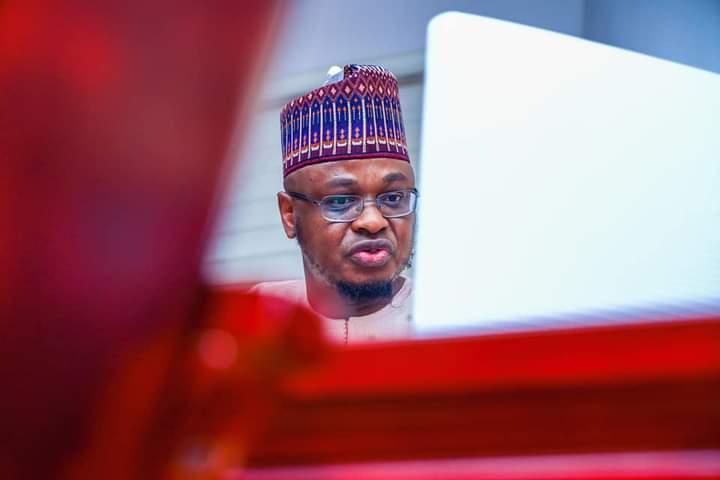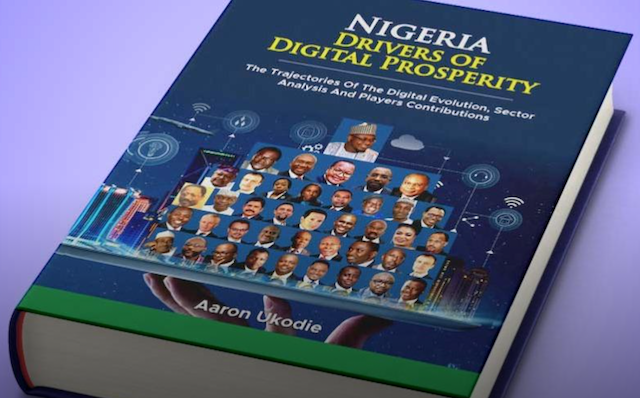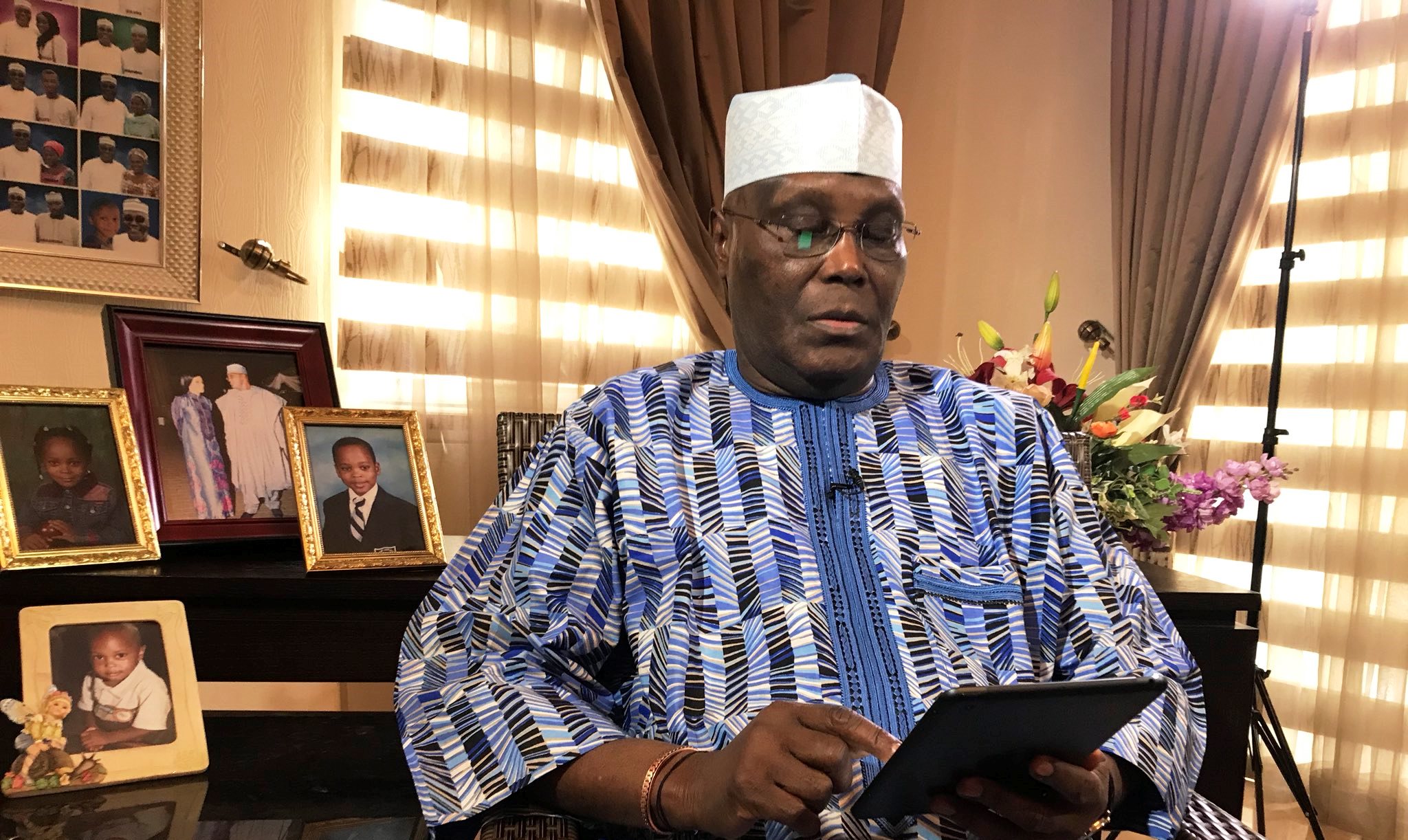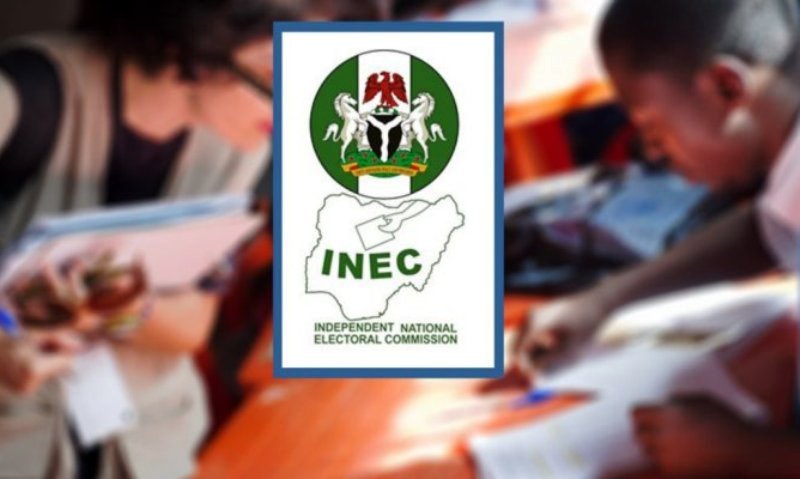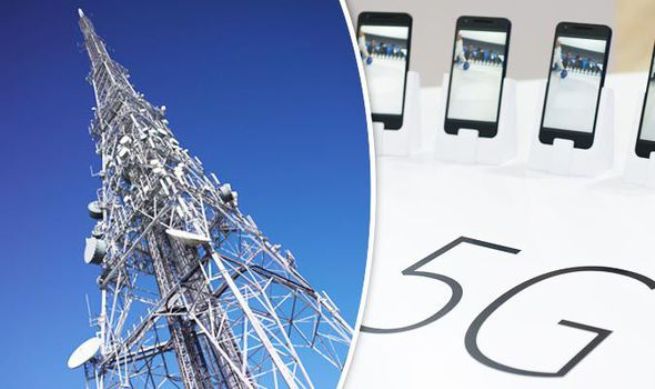The Trajectories of the Digital Evolution, Sector Analysis and Players’ Contributions, By Aaron Ukodie
CONNECTING THE DOTS, FROM ANALOGUE TO DIGITAL AND VIRTUAL NIGERIA
A Review By Biodun Bayo, Veteran ICT Journalist and Communications Specialist
In the emerging world economies, powerful nations classify the following sub-heads such as ‘Information’, ‘Technology’, ‘Telecommunications’, and ‘Computing’ among others as the nucleus of the new power configurations. Whoever wants to be something and anything in the global arena must basically give attention to computing skills, data analysis, robotics, cybersecurity, programming, business development and sales, blockchain, fintech, food value chain, logistics, hospitality and tourism, sporting skills, music, entertainments, creative arts, fashion, and automobile among others because that is where the likes of global in-demand skills are maximising their opportunities. Brands like Netflix, Google, Tesla, Apple, Amazon, Alibaba, and other multinational giants are already plying their trade on those frontiers. It is the space for the millennial. This is the pedigree that this book authored by Aaron Ukodie has brought to the fore. This is an interesting, very intriguing, and lucidly written book, in simple prose, which puts the totality of Nigeria’s Telecommunications, Technology, and Computers’ vital details in a single document.
It is a well-documented experiential perspective of the author who for more than 36 years had been a consistent chronicler of the events, activities, actions and inactions of the active and inactive players and other stakeholders in the various compositions and segments that constitute the ICT and Computer space within the socio-economic trajectories in Nigeria. The foundation; the beginning of the race to where we are today contained some of the rear details ever written or documented. The roles of players in the public and private sectors, the perspective of the public and private institutions, too, in shaping and moulding the ICT Empire, now, thriving in Nigeria are also included in this book.
Rather than the traditional designation of a book, made up of various themes, into Chapters, the author preferred to treat the themes and sub-themes in a different nomenclature classified as Sections. There are, therefore, five broad sections in the entire 472-page book.
With the effort of this author in putting the records in this book form, students, researchers and industry enthusiasts will definitely glean the roles played by some of the key actors, which had remained hitherto cryptic, in the nation’s critical economic and developmental pathways.
Section One is dedicated to the formative years of telecommunications evolution in Nigeria. This is prior to the independent era in the nation’s governing progressions. The extensive narrations on the pathways to the expansion of telecommunications to the nooks and crannies of the nation also gained traction in this section. This full-blown account of the historical foundation of telecommunications development in Nigeria would help readers extract the parochial underbelly for the introduction of this critical infrastructure by the colonial masters.
The transition from the core colonial structure of the nation’s telecommunications network, the town by town tracking of the network rollout and what informed the choice of locations for the network rollout helps the reader to understand the apathy of the foreign usurpers in our leadership structure at the time.
The book also put in perspective the circumstances that triggered the transfer of knowledge, in the running of the telecoms network, to the few Nigerians engaged in the less critical aspect of the network configurations. When, why and how the first Public Switched Telephone Network (PSTN) emerged is also well detailed here. More interesting is the exposition on the concepts of globalisation, deregulation, liberalisation, commercialisation and privatisation in the telecoms sector. This will help anyone going through the book to appreciate the transition of those global market imperatives and today’s success stories in the telecoms sector.
Most Nigerians, perhaps, everyone interested in the sudden and massive transformations in the nation’s telecoms sector, will connect well with the contents in the third section because that is the part that brought Nigeria to the limelight in the global telecommunications index. The author did an incisive unveiling of the telecommunications regulator and the landmark mandate it had to contend with even when there were no antecedents to lift it out of the inherent knowledge mystery. It is an interesting read to note that the journey of DML in Nigeria was not just an instant success story. Aside the curious gang up to push Ernest Ndukwe out of NCC, readers will get insights into the several failed attempts, spanning almost ten years, before the final push which resulted in the global acclaims recorded by the regulator in the auction, award, issuance and the operations of the Digital Mobile Licences in Nigeria.
The interests of Nigeria’s former Head of State, late General Sani Abacha and the Chagouri family in the GSM market are also profoundly enunciated in this book. The author, in this book, regales us with the intrigues, the ‘battle warriors’ and the traps in the auction processes. The roles of the then Vice President Atiku Abubakar, Chairman NCC Board, late Ahmed Joda and erstwhile EVC NCC, Dr Ernest Ndukwe in by-passing the surreptitious plot to frustrate the successful completion of the DML auction by high ranking government officials is also detailed in this book.
Also recorded for posterity in this compendium are the developmental strides of broadband growth in Nigeria. Readers will also come to terms with the sacrifice made by NIGCOMSAT to pave the way for the 5G spectrum soon to roll out in Nigeria.
Why was ‘Surulere’ branded Nigeria’s version of “Silicon Valley” in the 80s and how did this sprawling Lagos Mainland community became the toasts of computing enthusiasts and entrepreneurs? What roles did Chams played in Nigeria’s fertile field of computing expertise and how did data communications emerge in the corporate Nigeria? Did NITEL frustrate or complement the private sector initiative that introduced Data Communications for operational exigencies? These and much more are available in this book. Many will find very interesting details of the pioneering roles played by Corporate Nigeria in the adoption and integration of computers into their operations. The head start initiative by UAC, and how the success story inspired Lever Brothers Nigeria (now Unilever) and First Bank of Nigeria to take a plunge into the uncharted computing highway also featured in this book.
The book also explored the various ICT interventions in the education sector. The rigorous initiative to make the nation’s tertiary institutions align with global best practice and the struggle with this effort is sufficiently expounded in section two of the book. The transition from the brick and mortal to the virtual classrooms and the various shortcomings with adopting the electronic platforms for teaching and learning are well articulated in the book. The roles of the national examination bodies; WAEC, NECO, and JAMB among others in embracing the change from the hard-core paper works into the mobile and electronic processing through the portal administration of examinations provides deep connection with the inglorious struggles in the past and the emerging dynamics of the new dawn.
The author also gave perceptive narration of the various flip-flops in the attempts to create a reliable national IT Policy in Nigeria. The supremacy struggles among the power brokers resulting in the delayed approval of the national IT Policy and how it impacted the nation’s trajectories in IT skills and services/products development, are well documented in this book. How the IT industry fraternal bodies also emerged, transformed or metamorphosed into different nomenclatures featured prominently in this book. The travails, the opportunities and the lessons learnt from the bitter feuds were clearly outlined in this book. Also well detailed is the blow by blow story of how NITDA emerged from the rubbles after years of fits and starts by the stakeholders charged with the establishment of an IT regulator and an industry policy.
Individuals who led corporate entities and left their names in the quick sand of time in the ICT community are also given credit in this book. It is a loaded field of Ministers, CEOs of regulatory agencies and Blue chip corporations as well as government owned ICT companies. It is a mixed grill of the good, the bad and the ugly patches in their sojourns.
There is so much to read about some of the great minds who were the bedrocks for the various ICT regulatory agencies and the various brands having a swirl time of roller-skating in the telecoms and IT markets today. From the analogue to the digital transition, the good times and travails endured by the forebears in the industry is robustly captured. The contributions of men and women of distinctions, impeccable character and integrity, who braved the odds to sacrifice so much to carve the niche for Nigeria’s noble contributions to the global index in the computing and ICT global market rankings are also detailed in this book.
Some of these noble men including the late Ahmed Joda, late Olawale Ige, Ernest Ndukwe, Richmond Aggrey, Raymond, Akwule, Bashir and Nasir El-Rufai, Senator Annie Okonkwo, Demola Aladekomo, Leo Stan-Ekeh, Austin Okere, Chris Uwaje, Titi Omo-Ettu, Emmanuel Ekuwem, Florence Seriki, Gerald Ilukwe, Gbenga Adebayo and Lanre Ajayi are well celebrated in this compendium.
The last section of the book is dedicated to the Role of the ICT Media in the making of the economic powerhouse that the industry has been transformed into. Readers would enjoy the intrigues that characterised the media fraternal association in the early days. The ups and downs of the early times in reporting the industry was also aptly captured. The author tried to underscore the rigorous and painstaking processes that the industry reporters endured to generate news item worthy of consideration by the gatekeepers in the various platforms where competition for news space was very keen among reporters. This was particularly more challenging for reporters covering a news genre that was just evolving to gain public attention and readers’ interest. How the beat reporters overcame the initial inertia and became the pride of their Editors is eloquently elucidated in this book.
It also captured the ruggedness that helped these journalists survive the tidal waves of intrigues to eventually evolve from being mere reporters to media entrepreneurs and publishers of note. The author also recorded for the keen observers of the fourth Estate of the Realm the delicate paths that Journalists often walked in the course of carrying out their constitutionally recognised responsibilities. A classical case in point was encoded in this book when beat reporters almost got entrapped in the high-wired intrigues of a military coup d’état.
This book’s layout is uniquely expressive in its font choice, design, and formatting. The binding also meets the national standard for tenuous preservation of the book. The layout and font types and size presents a good flow from being very pleasing to the eyes, soothes the mind while galvanising a breath-taking read and engagement page after page. The structure of the book also helps in the compartmentalisation of the thematic focus that the author tried to articulate.
This book is unique in its own style of presentation of statistics, values, narration and the facts and figures in the ICT development from the pre-independent era till date in Nigeria.
In concluding, I will like to say that we have a book that has dug into the depth of Nigeria’s ICT roadmap connecting the footprints of the analogue and digital paths to create a virtual future that holds a promising profile for building further prosperity and critical knowledge for industry expansion.
However, this is not foreclosing the opportunities for other perspectives from the rich intellection of other chroniclers of the industry, among who are also with us in this hall today.
I challenge these history makers to also put their rich and reach experiences, network of contacts and expertise into a knowledge compendium just as Aaron has uniquely done. So, I am recommending this book for the public and private sectors as there are inherent values that are capable of triggering explosive interactions and knowledge articulation to further open the space and expand the ICT ecosphere in this clime.
The author has got the pedigree having authored several acclaimed titles in the sub-sector. These include Phones 4 All (2004); Ndukwe & Telecom Regulation: A Walk in Tandem (2007); The Story of NITEL (2015) and Nigeria @ 50: NITDA in National Development. He is also the author of a mini-autobiography titled: The Lead Story: A Diary of an ICT Reporter (2014) and another biography titled: Olagunju: Strides of a Porter’s Son (2013). He is also a co-author of the celebrated 600-page classical book which chronicled the journey of The Guardian titled: The Making of the Nigerian Flagship: A Story of The Guardian.
Therefore, Research Institutes, Tertiary Institutions, the Academia, Scholars, industry regulatory bodies i.e. NCC, NITDA, NBC, NIPOST, and operators like MTN, Airtel, Globacom, 9mobile, MainOne, Nigcomsat, Zinox Technologies and other industry operators would be adding value to their private libraries if this book is an addition to their collections.
When the revised edition of this book shall be imperative, I will particularly like to see the inclusion of maps, charts, tabulated stats, drawings and iconic pictures of events and places from time immemorial across the telecoms, technology, and computing spheres of the industry. It will also be nice to see in the revised edition of this book analytical stats on the trajectory of human capital index in the industry, charts and exclusive pictorial presentations of some of the iconic evolution in the industry.
There were also issues like the circumstances of the death of Engineer Charles Joseph, the late President of the defunct Mobitel Limited which has remained unresolved decades after. Such unfinished mandate of the media could have added the needed energy to the uniqueness of this book. Perhaps, this also serves as a challenge to the other veterans who watched the evolution of the industry from the time past to the period its history is now being documented to also put their own reckoning of the stages into a book form. Besides, it would have been more apt to have interviews with some of the living legends in the ICT ecosystem. The likes of Ndukwe, Professor Pat Utomi who was a Consultant to NCC during the auction of the DML, Demola Aladekomo, Cletus Iromantu; first EVC of NCC, and Bashir El-Rufai among other leaders of thoughts in the industry who contributed in no small measure to the foundation of the sector’s development.
On behalf of the author, readers are enjoined to pardon some printer’s devil and a few proof-reading slips which occurred in the book.
Thanks and enjoy reading the book.
Olubayo Abiodun
